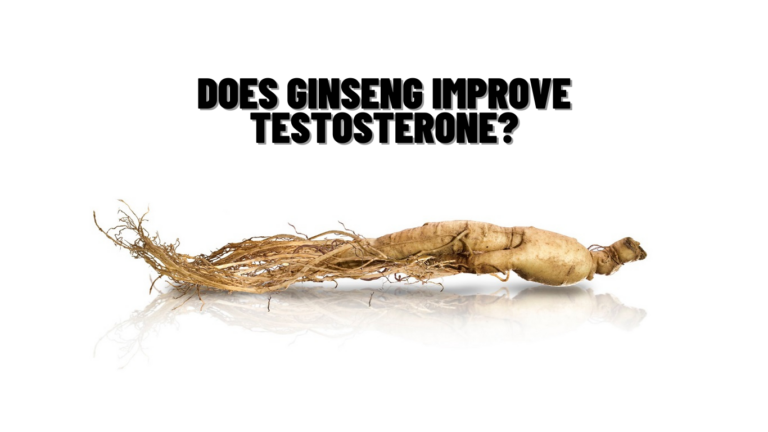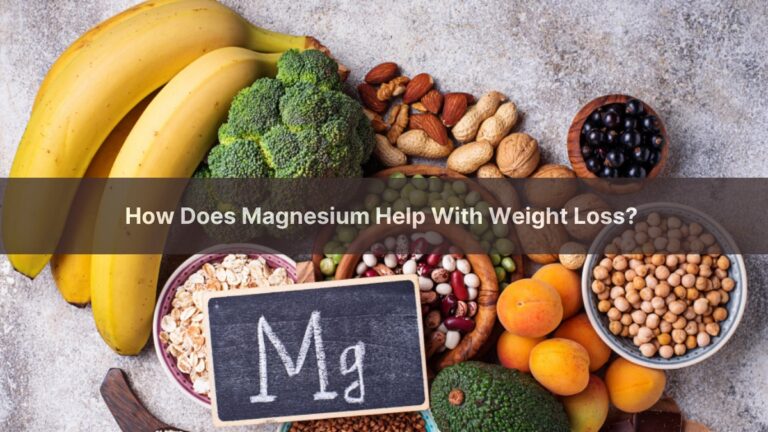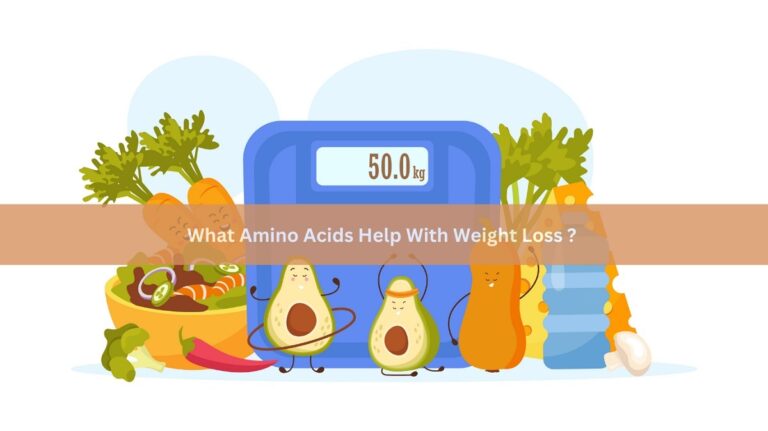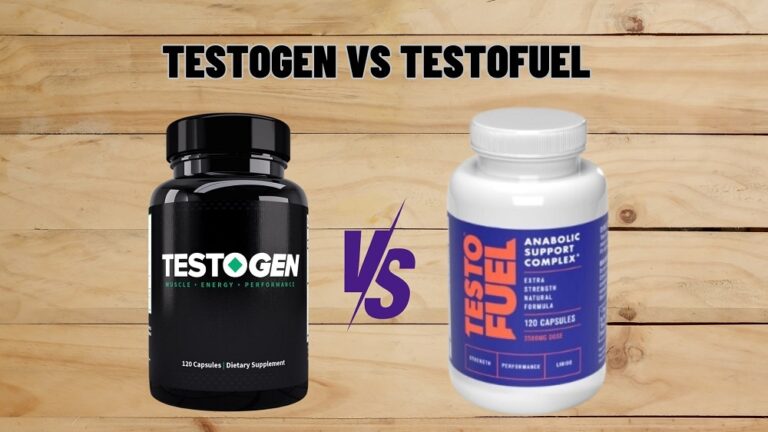Does D-Aspartic Acid Boost Testosterone Levels? Know Science

Almost every testosterone booster comprises a significant proportion of one ingredient – D-aspartic acid, also called D-AA or D-asp. It constitutes over 80% of many testosterone dietary supplement formulations.
We have dug deeper into the science behind D-asp to understand whether it does wonders for men’s testosterone levels. We also examined the various scientific studies on the usefulness of D-aspartic acid, especially on the male sex hormone. Let’s take a look at the findings.
Prominent Research On D-Aspartic Acid!
The most-cited research – a precedent for numerous D-AA human studies – was published in 2009. Five Italian scientists conducted the same research on 10 rats and 43 men. According to this benchmark study, 87% of the 23 males who were administered 10ml sodium D-asp solution – approximately 3.12gms of D-AA daily demonstrated a 33% and 42% increase in Luteinizing Hormone(LH) and testosterone levels, respectively, within 12 days.
The researchers didn’t stop there. They also recorded LH readings three days after the termination of D-AA treatment. Outcome?!! – The blood serum of the D-asp-treated men showed a 14-fold rise in LH concentrations compared to the basal levels at the start of the study.
As LH triggers the Leydig cells in the testes to produce more testosterone, we can deduce that D-AA enhances your testosterone. However, a higher testosterone synthesis doesn’t always imply better health. So, let’s see if regular D-AA ingestion translates into an increase in the androgenic-anabolic activity.
Does D-aspartic Acid Affect Sperm Production?
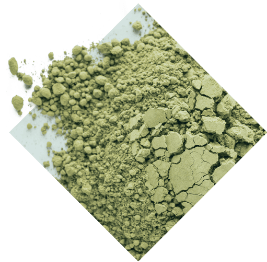
As per a 2012 study conducted by Barry University, USA, and 3 Italian institutions, a daily dosage of D-AA supplementation to impotent men suffering from conditions like asthenozoospermia for 90 days boosted their sperm count, quality and motility.
The seminal plasma analysis also revealed that in some D-AA treated males, sperm production doubled. Most importantly, 26.6% of the test subjects’ partners became pregnant after 1-3 months of treatment. Besides, the research exhibited fewer abnormal morphological alterations in their spermatozoa.
A 2018 research corroborated the positive impact of D-AA treatment on sperm quality. It stated that IVF success rates were higher with cryopreserved sperms of males who consumed D-AA rich foods or supplements. Both studies also confirmed that D-AA supplementation elevates LH and testosterone production.
But since good sperm health does not necessarily imply a strong physique, let’s delve into the impact of D-aspartic acid formulas on fitness and endurance.
D-AA And Fitness
A 2016 abstract from the FASEB journal claims that the athletic cum muscle performance of test participants administered D-asp capsules every day rose within a fortnight. Their max repetition squats and bench presses showed a marked improvement, though there were no considerable increases in their testosterone levels. Thus, D-AA makes you fitter and sinewy.
How Does D-Aspartic Acid Work?

Aspartic acid is an endogenous amino acid that exists in two forms, specifically L-aspartic and D-aspartic acid. While the former stimulates the generation of antibodies and strengthens the immune system, the latter aids in forming, secreting, and regulating gonadotropin-releasing hormone in the hypothalamus and LH in the testes & pituitary glands.
Focusing solely on D-asp hereon, a 1986 research found abundant free D-AA in human blood. Also, the study concluded that the lower your age, the greater the D-AA concentration in your body, and vice-versa.
Another study dating back to 1993 established D-AA as an amino acid chain concentrated in the brain’s frontal cortex during gestation (fetal development) and decreasing considerably in the post-natal phase. In fact, the D-asp content in adolescents and adults was <50% of that in fetuses.
A 2020 study validated the findings of these earlier analyses. It unearthed maximum concentrations of free D-asp not only in the bloodstream but also in the CNS and endocrine glands of humans. It also ascertained that D-AA plays a crucial role in pre-natal neural and cognitive development.
A common discovery by various studies on animals and humans is that D-aspartic acid signals the neuro-endocrine system to bio-synthesize many hormones like oxytocin, prolactin, testosterone, and vasopressin in the pituitary gland. It also catalyzes cholesterol to steroid hormone transformation in the adrenal gland and represses melatonin generation in the pineal glands.
Final Words!
While some of the best research works discussed above substantiate D-aspartic acid as a testosterone enhancer, a few studies proved otherwise.
According to a 2015 research by three professors from the University of Western Sydney, 3-6 gms of D-AA ingestion for 14 days decreased the total and unbound testosterone, free of sex hormone binding globulin in resistance-trained men. Some individuals also complained of headaches, irritation, and anxiety post D-asp intake.
More human studies are needed to prove D-asp’s beneficial effects on testosterone expression. However, the user reviews of testosterone boosters, primarily encompassing D-AA, have been encouraging. Within 3-4 months of supplement intake, customers experienced an increase in their vitality, virility, and jubilance without any adverse effects. Thus, D-asp supplementation is effective and safe.

